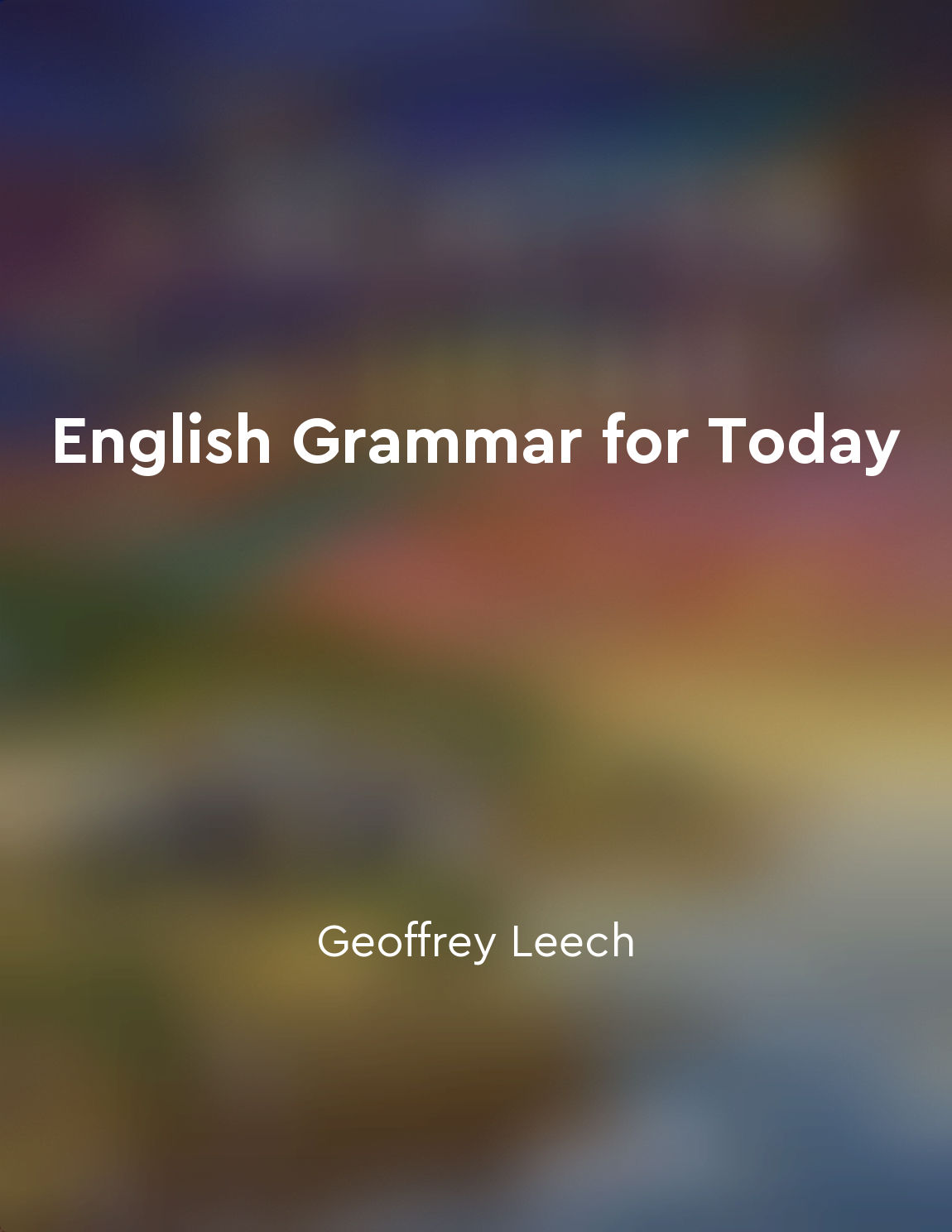Grasp the concept of pointers and references from "summary" of C/C++ Programmer's Reference by Herbert Schildt
Pointers and references are two important concepts in C/C++ programming that allow you to work with memory addresses. Pointers are variables that store memory addresses, while references are aliases for existing variables. Understanding pointers is essential in C/C++ programming because they allow you to directly access and manipulate memory locations. By using pointers, you can pass variables by reference, dynamically allocate memory, and create complex data structures such as linked lists and trees. To declare a pointer, you use an asterisk (*) before the variable name, like this: int *ptr; This declares a pointer named ptr that can store the memory address of an integer variable. You can then assign the address of a variable to the pointer using the address-of operator (&), like this: ptr = # This assigns the address of the variable num to the pointer ptr. To access the value stored at the memory address pointed to by a pointer, you use the dereference operator (*), like this: *ptr = 10; This assigns the value 10 to the variable num through the pointer ptr. References, on the other hand, provide a more convenient and safer way to work with variables by allowing you to create an alias for an existing variable. To declare a reference, you use an ampersand (&) before the variable name, like this: int &ref = num; This declares a reference named ref that is an alias for the variable num. References are commonly used in function parameters to pass variables by reference without the overhead of pointers. They can also be used to create more readable and maintainable code by providing meaningful names for variables.- Pointers and references are powerful concepts in C/C++ programming that allow you to work with memory addresses and create more efficient and flexible code. By understanding how to use pointers and references effectively, you can take full advantage of the features and capabilities of the C/C++ programming languages.
Similar Posts
Understand templates and generic programming
Templates allow you to write generic functions and classes that can operate on different data types without sacrificing type sa...
The invention of the computer was a collaborative effort
The development of the computer was not the work of a single individual, toiling away in isolation until a groundbreaking break...
Abstract data types provide a highlevel view of data structures
Abstract data types (ADTs) present a simplified and high-level perspective of data structures, allowing users to focus on the e...
Structs allow for the creation of complex data types
Structs are a way to create new data types in C. They allow for the bundling together of data of different types into a single ...

Active and passive voice convey different meanings
The way in which a sentence is structured - whether in the active or passive voice - can have a significant impact on the meani...
Understand the importance of testing and debugging in Python
Testing and debugging are crucial aspects of programming in Python. When you write code, it's important to test it thoroughly t...
Improve your vocabulary to read more smoothly
To read more smoothly, it is essential to work on improving your vocabulary. The more words you know and understand, the easier...
Greedy algorithms make locally optimal choices for a global solution
Greedy algorithms are a class of algorithms for solving optimization problems that make a sequence of choices, each of which is...

